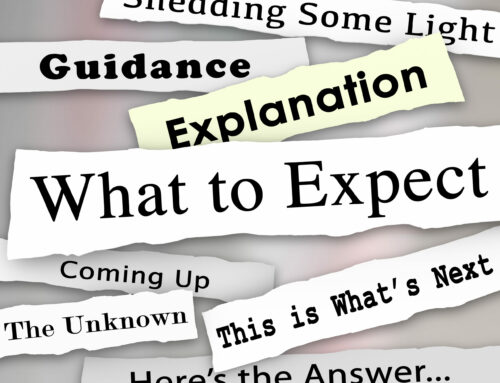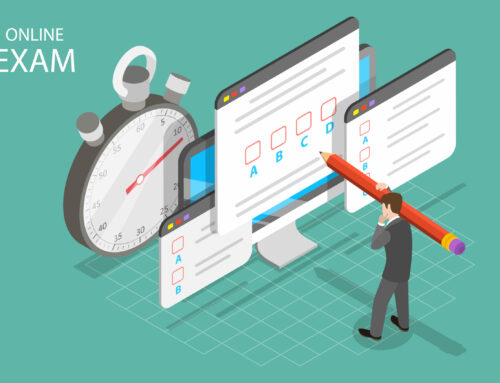CII Exams
The most widely used route for financial advisers and planners is the CII diploma and when you take these exams it is important that you not only know your syllabus content but you know and can apply the CII exam technique. Effective exam technique can turn good results into GREAT results.
Content vs Technique
A lot of students will plough all their effort into making sure they really understand the content. They complete coursework, attempt quizzes, attend workshops and can relay the syllabus from back to front. But when they sit the exam their results can be mediocre at best. Why? The problem is that they hadn’t finely honed their exam technique. They ran out of time on questions, failed to elaborate on points or misunderstood command words or what the Examiner was looking for in the question.
How to avoid making costly mistakes in your exam
When it comes to that all-important exam day, you might find that there is a BIG difference between absorbing the information you need and then putting what you have learnt into practice…in the time given in the exam. A new skill isn’t learned until it is practised and implemented successfully several times over. It’s the same in exams. You have to practice your skill.
Top tips:
There are six different levels of knowledge and understanding the examiners will test you on: knowledge, comprehension, application, analysis, synthesis, and evaluation – all these different question types are explained below:
Knowledge questions: who, what, why, where, when (Define) – recall definitions, facts, or observations. This may be material you need to know by heart – accuracy is important.
Comprehension questions: describe by giving a full and accurate description in the correct sequence. State the main idea, explain the significance or clarify any points of difference/similarity.
Application questions: apply your knowledge to unfamiliar or new situations which are most likely found in new case studies.
Analysis questions: the examiner wants you to reach a logical conclusion based on the information you have been given
Synthesis questions: usually how could this be improved or can you suggest a suitable option: when a candidate synthesises information, they need to have the ability to make connections from many different sources – integrating information to draw a conclusion
Evaluation questions: usually in your opinion, which of these is the better option, which option best fulfils the brief you have been given. It’s about giving an informed opinion about the case study or information you have been given, you are expected to draw on your knowledge and justify your recommendations.
Conclusion
An important part of preparing for exams is by completing exam style questions and past papers but if you continue to make the same sort of errors, you will repeat these errors in your exam. One important part of exam technique is redrafting – that is why we address this in our structured study plans. We do this by providing, explaining and guiding you through exam style questions and model answers and providing guidance via our online Forum. We ensure that all mistakes are corrected BEFORE you sit your exam and that you can confidently show you know how to apply the best possible answer.
Click here to browse our courses
Time is short in an exam, you need to get used to thinking, and applying your answers in the time given. The first thing to do is read over, carefully, the entire exam paper.
We are constantly amazed by students who set out to do questions that they’ve clearly got not the first clue how to do. Look carefully to see if there another question on the paper that they could have got a few marks in the bag. Don’t be tempted to do question 1 first because it’s the first question on the paper. It might be a real stinker of a question. Are you sure you can do it? How many marks do you think you could get on the parts of the question you can do? You might find there is another, much easier question further on, work out for each part of each question: which question is likely to get you the most marks? Do that one. There is absolutely no reason to do the questions in the order they are printed in the exam. We recommend doing the easiest one(s) first.
There are strict marking schemes in place so Examiners are seen to be fair. So, if there are four marks available on a question, then the marking scheme will probably have four key points. Mention them all, and you get the marks.
And lastly if you are running out of time with two questions left to do – which one do you choose? The way to maximise your marks is to do the first half of both of them. You gain marks faster at the start of a question than at the end.
Finally, if you have time at the end of your exam then there is always something you can do to improve your paper. Check, and check again.
Best of luck everyone ?






